The United States has formally removed Syrian President Ahmed al-Sharaa from its terrorism blacklist, just days before his scheduled state visit to Washington — a diplomatic milestone signaling a dramatic turn in U.S.–Syria relations.
The decision, announced Friday by the U.S. State Department, comes as Sharaa’s government continues to cooperate with Washington on key security and humanitarian concerns. The move follows a United Nations Security Council vote — led by the U.S. — to lift long-standing international sanctions against the Syrian leader.
“These actions are being taken in recognition of the progress demonstrated by the Syrian leadership after the departure of Bashar al-Assad and more than 50 years of repression under the Assad regime,” said State Department spokesman Tommy Pigott in an official statement.
According to the U.S. government, Sharaa’s administration has met several American demands, including assistance in locating missing U.S. nationals and advancing efforts to dismantle Syria’s remaining chemical weapons stockpiles.
Sharaa, who was once linked to Al-Qaeda and designated a “Specially Designated Global Terrorist,” had previously carried a U.S. bounty on his head. His rise to power came nearly a year ago after a swift military offensive supported by Turkey and Gulf Arab allies, marking the end of decades of Assad family rule.
The upcoming visit — which will include a meeting at the White House with President Donald Trump — is expected to focus on rebuilding diplomatic and economic ties, regional stability, and counterterrorism cooperation.
U.S. ally Israel has reportedly voiced initial reservations about Washington’s outreach to Damascus and has continued airstrikes inside Syria aimed at curbing Iranian influence and armed factions that threaten its borders.
Analysts view the delisting as a significant step toward reintegrating Syria into the global community after years of isolation and war. The visit could mark the beginning of a new era for a nation long defined by conflict, sanctions, and strained international relations.


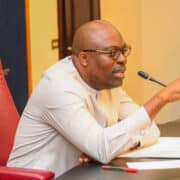

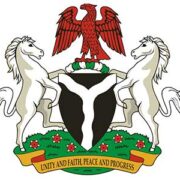
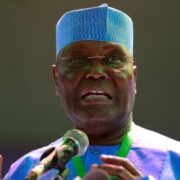
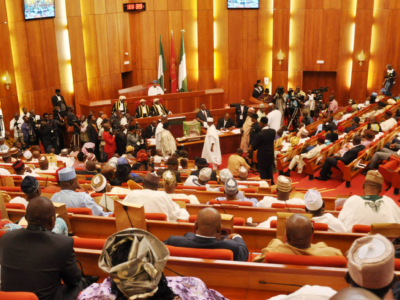
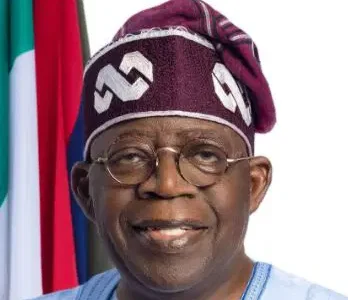
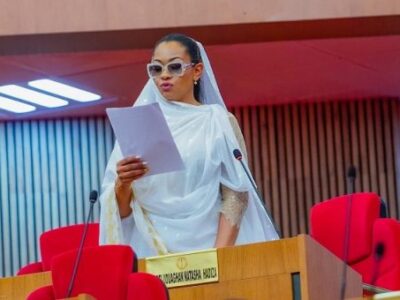
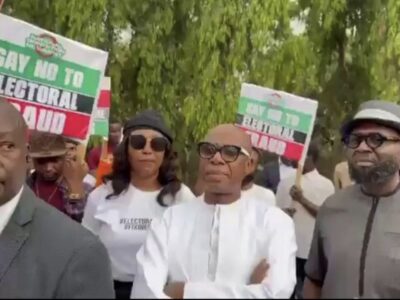









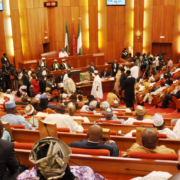
Comments